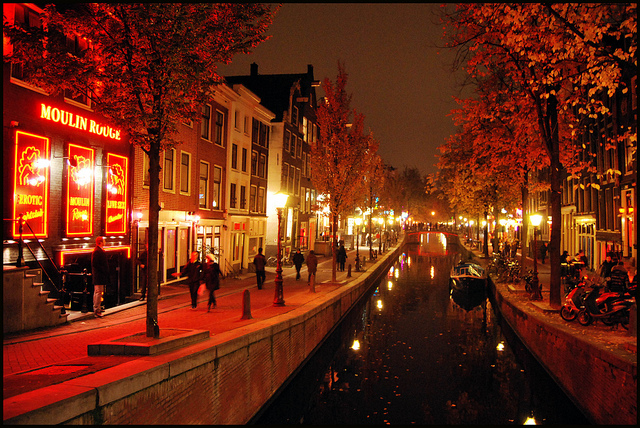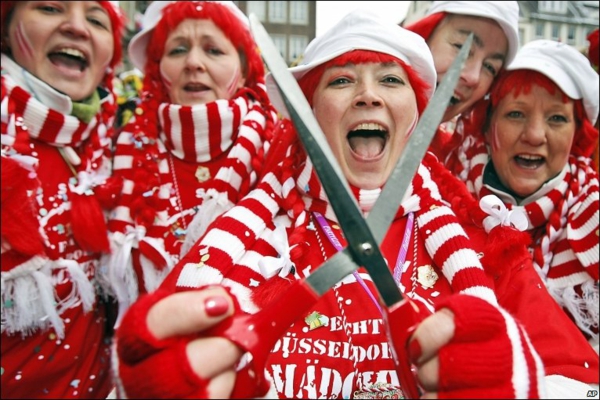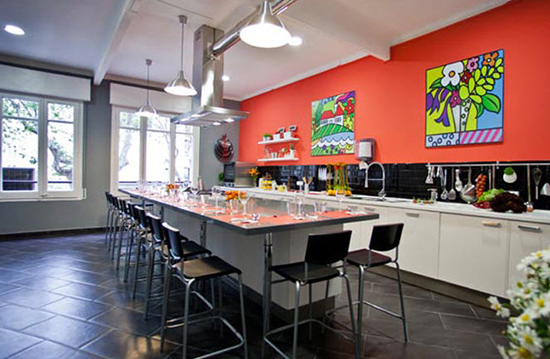Last posts
Carnivals in 2015
Rio de Janeiro, Venice and Tenerife prepare all year long so that everything will be ready for their most important celebrations, which are then seen around the world thanks to the TV broadcasts. And the end result is worth all the effort. Whether you want to get down or go back in time, we’ve got some tips for you.
read moreRacy Shows in Amsterdam’s Red Light District
Visiting the Red Light District in Amsterdam is an experience in itself. There are no prejudices or taboos, nor shame or virginity, but there are indeed rules. Each of the women offering their services must have a special license to practice as a prostitute, pay their taxes and have passed the relevant health checks. So really the fact that prostitution is legal in the Netherlands normalizes the situation and makes the famous Red Light District exceptional, elegant, and clean. But it’s still inundated by neon.
read moreWeiberfastnacht, Wieverfastelovend: Carnival in Germany
The Thursday before Carnival, which is called Weiberfastnacht, is practically an unofficial holiday in the Rhineland in Germany. Starting at noon everybody leaves work and puts on a costume to go out in the bars and streets to celebrate. The strange custom on this day is that it is customary for women to cut the men’s neckties. Where does this tradition come from? We’ll tell you. The origin of this tradition comes from Bonn-Beuel, a village near Cologne. In 1823, the first street carnival took place here. The men celebrated like crazy in the streets while the women stayed at home. Meanwhile, the laundry women of the village of Bonn-Beuel organized a tea party and hatched a plan to fight for their participation in the carnival, which until then was only for men. In 1824 the women founded the “Old Committee of Ladies” which was the basis of the Weiberfastnacht. In 1957 the emancipatory liberation took place. Women stormed the village hall and symbolically placed themselves in charge of the city for one day. The symbolic takeover of the City of Beuel by the laundresses and their committee of ladies is still shown on television. So this custom is known throughout Germany, and the takeover of the town halls by women dressed in colorful costumes is still a tradition in many cities and towns in the Rhineland. After World War II, women began cutting the men’s tie; in Bonn the secretaries cut their bosses’ ties, which were usually very expensive. The tie was regarded as a symbol of male power, since it’s a piece of clothing that is exclusively... read moreRANKINGS
Do you want to know the best cities to escape for gastronomy? We will tell you!
VERSUS
Showdown: pure and simple. Comparison is the best way to make a decision.
TRAVEL TIPS
Travelling means many things. We will provide you with all you need. Don’t miss anything.
Changes, progress and achievements. Only-apartments daily.
Promotions

 English
English Français
Français Deutsch
Deutsch Italiano
Italiano Español
Español


































